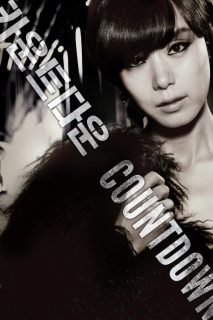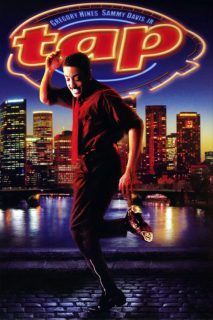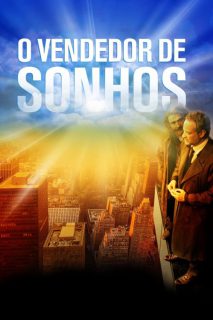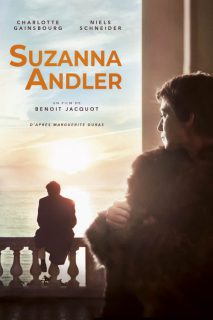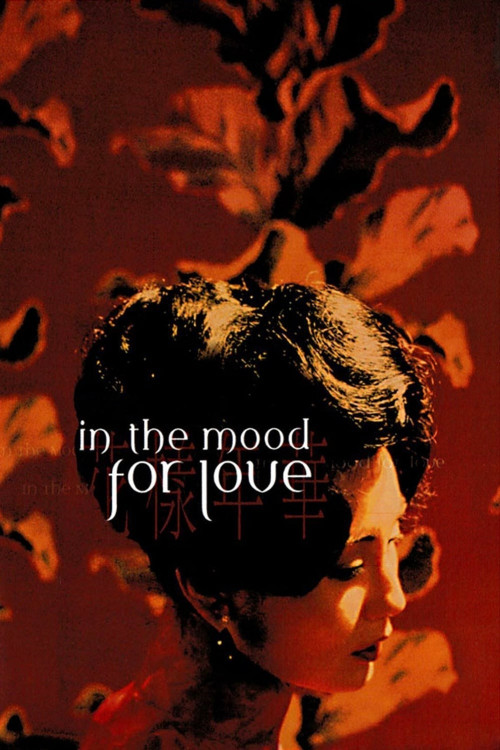
- Year: 2000
- Released: 09 Mar 2001
- Country: Hong Kong, France
- Adwords: Nominated for 1 BAFTA Award46 wins & 51 nominations total
- IMDb: https://www.imdb.com/title/tt0118694/
- Rotten Tomatoes: https://www.rottentomatoes.com/m/in_the_mood_for_love
- Metacritics: https://www.metacritic.com/movie/in-the-mood-for-love
- Available in: 720p, 1080p,
- Language: Cantonese, Shanghainese, French, Spanish
- MPA Rating: PG
- Genre: Drama, Romance
- Runtime: 98 min
- Writer: Kar-Wai Wong
- Director: Kar-Wai Wong
- Cast: Tony Chiu-Wai Leung, Maggie Cheung, Siu Ping-Lam
- Keywords: martial arts, husband wife relationship, 1960s, extramarital affair, adultery,
 | 8.0/10 |
 | 85/100 |
In the Mood for Love Storyline
1962, Hong Kong. On the exact same two days, Mr. and Mrs. Chow and Mr. and Mrs. Chan, who don’t know each other, rent a room in adjacent flats from the resident owner, Mr. and Mrs. Koo and Mrs. Suen respectively, and move into their room. They join the friendly relationship that exists between their landlords and the other residents of the building, although the Chows and Chans’ entry into the relationships are more cordial than friendly. With Mrs. Chow and Mr. Chan often out of town either on business or personal matters, Mr. Chow and Mrs. Chan lead a somewhat emotionally lonely existence. The cordiality and emotional isolation extend to Mr. Chow and Mrs. Chan’s working lives. Mr. Chan, a newspaper journalist who would rather be writing martial arts serials, has as his closest work colleague Ping, a gambler who often takes advantage of that friendship. And Mrs. Chan’s job as a secretary to married Mr. Ho largely entails her handling his personal affairs, including managing and facilitating his affair with Miss Yu, something she cannot talk about to anyone. Eventually, Mr. Chow and Mrs. Chan individually come to the realization that their respective spouses are having an affair with each other, mostly taking place when they are out of town together. In dealing with this joint betrayal of their respective marriages, Mr. Chow and Mrs. Chan begin spending time together. Despite they not doing anything untoward with each other, they do not tell anyone of their time together in the inappropriateness of two married people of the opposite sex being alone with each other. As they try to figure out what to do about their respective marriages, the situation becomes more complicated when they admit that they are falling in love with each other, something that neither intended when they began their friendship.
In the Mood for Love Play trailer
In the Mood for Love Photos
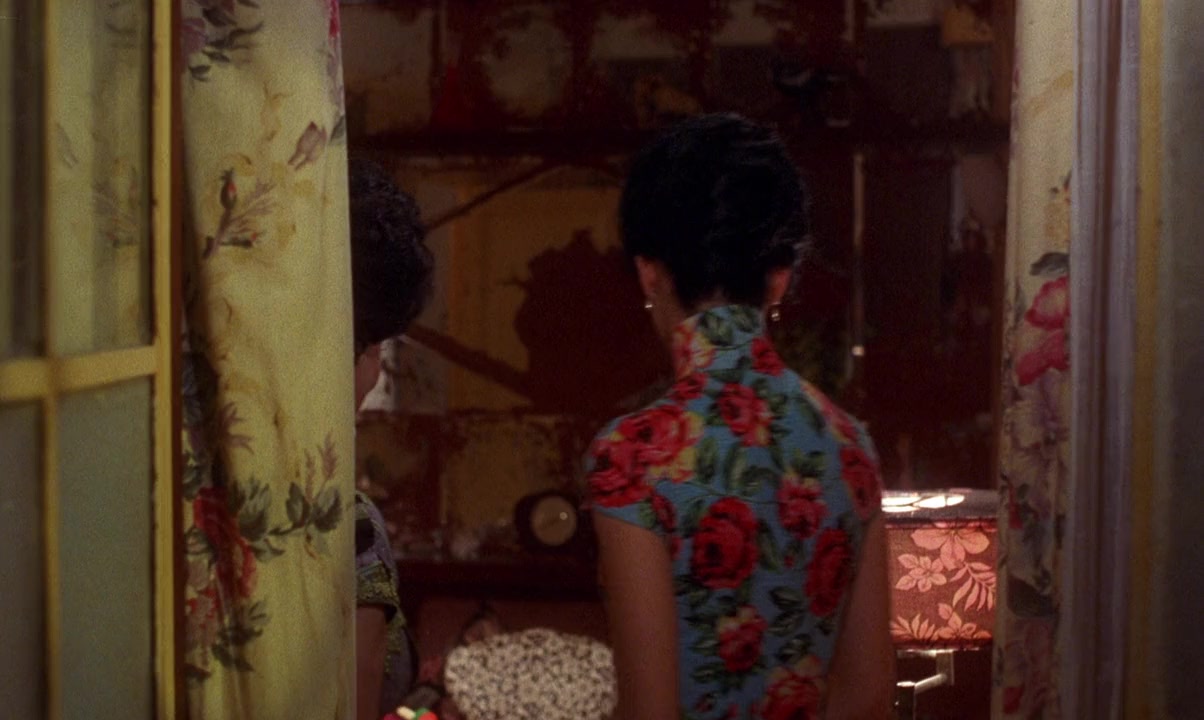


In the Mood for Love Torrents Download
| 720p | bluray | 837.56 MB | magnet:?xt=urn:btih:89D8E41BD7D5CC9BEF1E5ED0F314CC2A4773937C | |
| 1080p | bluray | 1.58 GB | magnet:?xt=urn:btih:04C7AAD36D10827922C22ABB37159E4578002381 |
In the Mood for Love Subtitles Download
| Chinese | subtitle In.The.Mood.For.Love.2000.720p.BluRay.x264-.cht | |
| English | subtitle In.the.Mood.for.Love.2000.720p.BluRay.x264. | |
| English | subtitle THEBEST | |
| English | subtitle In.the.Mood.for.Love.2000.720p.BluRay.x264. | |
| English | subtitle In.the.Mood.for.Love.2000.720p.BluRay.x264. | |
| French | subtitle In.the.Mood.for.Love.2000.720p.BluRay.x264. | |
| Greek | subtitle In.the.Mood.for.Love.2000.720p.BluRay.x264. | |
| Serbian | subtitle In.The.Mood.For.Love.2000.1080p.BluRay.x264- |
In the Mood for Love Movie Reviews
A film with no love is somehow one of the most romantic films ever made
In the Mood for Love (2000)
Kar-Wai Wong has indeed created a masterpiece here. Not only created it but orchestrated it. I cannot think of a more accurate word to describe what he did here. “In the Mood for Love” should be included in the definition for mise-en-scène. I suspect that everything was deliberate. Every angle, every camera movement, every color choice, every glance, every song, every word.
It was a slow film, yes. But for once, it does not feel that way. It feels that it had to be exactly the pace it was. Prepare to be charmed, intoxicated, mesmerized, transported. I have to be honest, I have not seen this for the longest time because I was convinced that it was another art film that was completely overrated. This time, it was warranted.
The camera work. The movement. We peek around edges, we peer through holes, we pan across hallways, we zoom into apartments. We are able to see into the neighboring apartments, as each of them sits, lonely. As we pan back and forth, a wall reminds us. Almost the entire time, the photographer in me was admiring what great angles these were and imagining myself taking them; making a move to take a still every few minutes.
The music. The only other film I remember that uses one song so stylistically is Garci’s “Volver a empezar” from 1982- which in my opinion was overused and became annoying at some point in the film. Here, it is Yumeji’s Theme. In contrast, Wong mixes it up on the score and we do not tire of the theme. Instead, it signals yet another emotionally intense scene filled with longing, waiting, loving, wishing. This is the power this film has. To elicit so many emotions with a few minutes, a handful of glances, one song.
The costumes. Most notably, Mrs. Chan’s dresses. Ever changing, ever gorgeous.
The set design. Oh, the lush and saturated colors. If one can call colors yummy, now is the time. We are almost exclusively indoors. It seems that every time we are outside, it is raining. The lovers run to get out of the rain, they wait for the rain to pause, they talk in the rain. Alas, no kissing in the rain.
My complaints? I wish the film was in Mandarin, not Cantonese. For two reasons. One is selfish, because I would be able to understand it without subtitles trying to accurately translate. Two, Mandarin is a less harsh, more fluid language. As far as beauty goes, it would have matched the film’s tone better. I also feel as if the film was lacking character depth. That I still felt so much for them, therefore, is even more a testament to Wong’s skill. I felt like I did not really know them; that I knew little more than the them strangers saw. Although this may have been a stylistic choice, that does not change the fact that I was left feeling like something was missing.
“In the Mood for Love” is as much about what we do not see and what is not said. Silences mean everything. One glance tells us more than words ever could. A minute shift in tone makes all the difference. For example, we never see the adulterers, Mr. Chan & Mrs. Chow. They remain off screen as other characters talk to them. We spend full moments focused on a character’s face, watching them as they begin to cry or as they struggle internally.
Missed opportunities. Missed moments. Misunderstandings. Misconceptions. Wrong place, wrong time. A theme Wong uses in much of his work, such as “Chungking Express” (which I did feel was completely overrated).
Wong was in the mood for love. The audience is in the mood for love. Mrs. Chan and Mr. Chow are in the mood for love. She might not admit it, but Mrs. Chan is in the mood for love. Mr. Chow is in the mood for love.
Alas, still no love.
He calls her. “It’s me. If there’s an extra ticket… would you go with me?” No answer. Later in the film, their roles are reversed. She wants to know, “It’s me. If there’s an extra ticket… would you go with me?”
Ironically, it is this film about a love that could be but never was that is named as the most romantic by many. This is one of the reasons I appreciated the film. Had this been filmed in this country, I can almost guarantee you the two of them would have ended up together. Wong did not take the easy way out. Not throughout the film- where he focused on the two being cheated on rather than the ones doing the cheating- and not in the ending, where they continued missing each other, over the years. He garners my respect for this decision. Because this is closer to reality. Often times, love is not enough. Life gets in the way. Circumstances, miscommunications. Excuses, maybe. But that is life. Unfortunately.
Some gems of relationship truth:
“I didn’t know married life would be so complicated! When you’re single, you are only responsible to yourself. Once you’re married, doing well on your own is not enough.”
Mrs. Chan asks, “Why didn’t you call me today?” “I was afraid you won’t like it,” Mr. Chow replies. Her response? “Then don’t call me ever again.”
“In the old days, if someone had a secret they didn’t want to share, they went up a mountain, found a tree, carved a hole in it, and whispered the secret into the hole. Then they covered it with mud. And leave the secret there forever.” This is something Mr. Chow says to his friend Ah Ping. In the exquisite final scene, filmed in Thailand with “Angkor Wat Theme” playing, we see him peering into a hole; we then see it covered as he walks away.
From right after the title cards: “It is a restless moment. She has kept her head lowered to give him a chance to come closer. But he could not, for lack of courage. She turns and walks away.”
From right before the end card: “He remembers those vanished years. As though looking through a dusty window pane, the past is something he could see, but not touch. And everything he sees is blurred and indistinct.”
Mrs. Chan says, “You notice things if you pay attention.” Indeed. The perfect tip to truly appreciate “In the Mood for Love”.
beautiful but slow going
This is an excellent film–with beautiful and haunting music and an interesting story. I like how the two people knew their partners were cheating on them but they were just too decent to return the favor. Their unresolved love was very well developed and really had me pulling for the characters. However, although I have a pretty high tolerance for slow-moving films, this one just seemed to drag and went at too subdued a pace. I actually liked the pacing, but kept expecting it to pick up a little more. But, it never really did, and this reduced my overall score for the film. I didn’t need some sort of Hollywood happy ending, but the slowness just got to me after a while.
Slowest film ever
This seems to be a love it or hate it film. I’m in the latter camp, but then I hate romance films in general so I was predisposed to dislike this before I even started. I watched it because I like the actors and I love Chinese films in general, but I guess I should stick to the thrillers and such.
The problem with this story is that it’s so subtle that it wasn’t even worth making a film about it. I’m not sure why people seem to love it, because this is a film where nothing happens. Even the romance is so understated as to be virtually non-existent, and the posturing of the central characters becomes more than annoying before long.
I like Tony Leung and Maggie Cheung, but their acting feels artificial here, their characters hollow. The main thing in a film is to empathise with the central characters so that you become emotionally caught up in the story, but that’s impossible here. Leung seems slick and smarmy and Cheung aloof and distant. The interlude in Cambodia felt random. I understand that Wong Kar Wai shot this film without a script, which explains everything.
